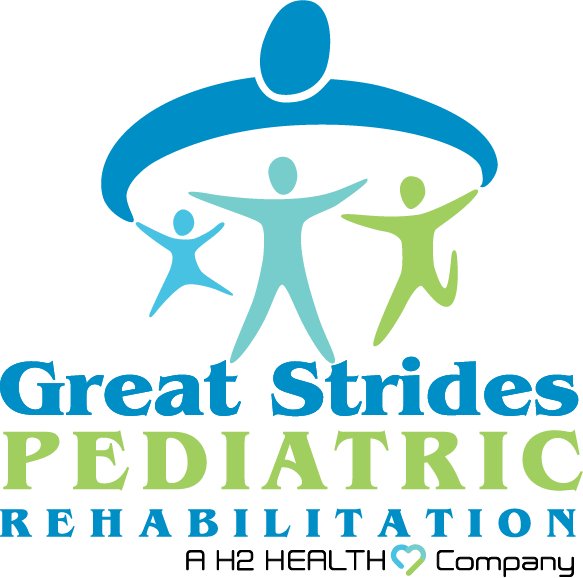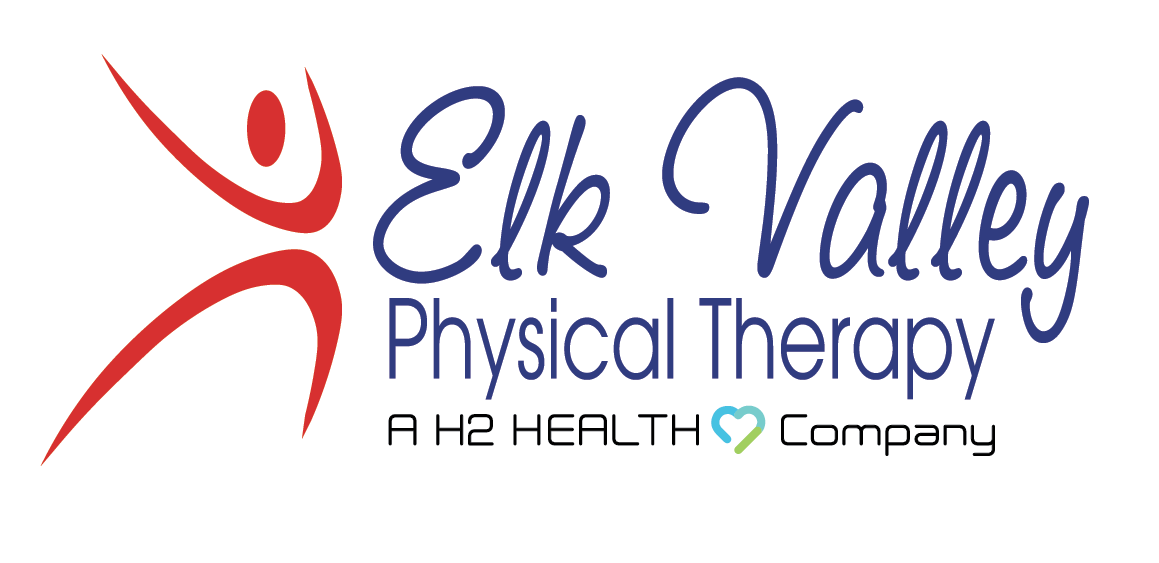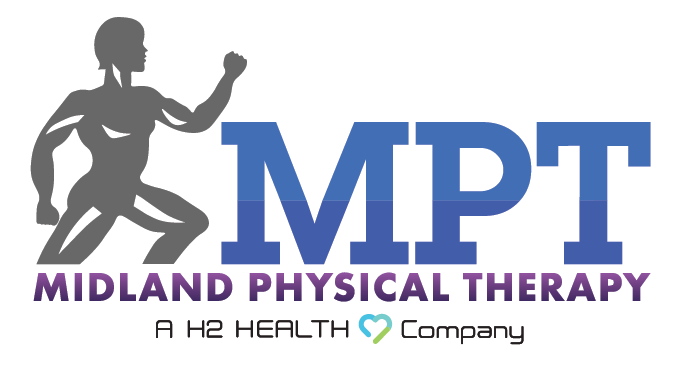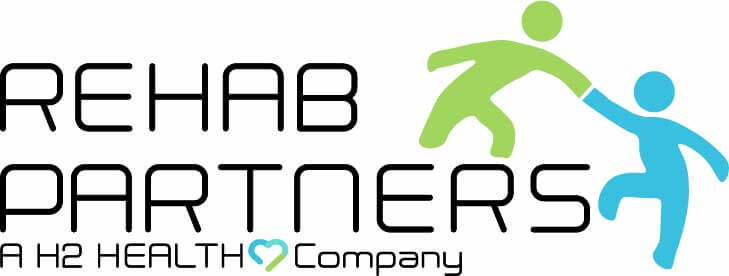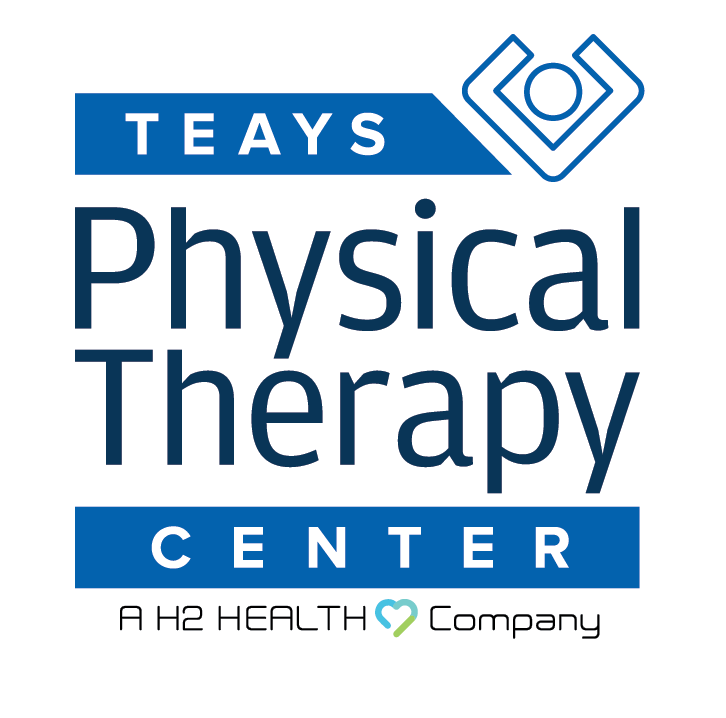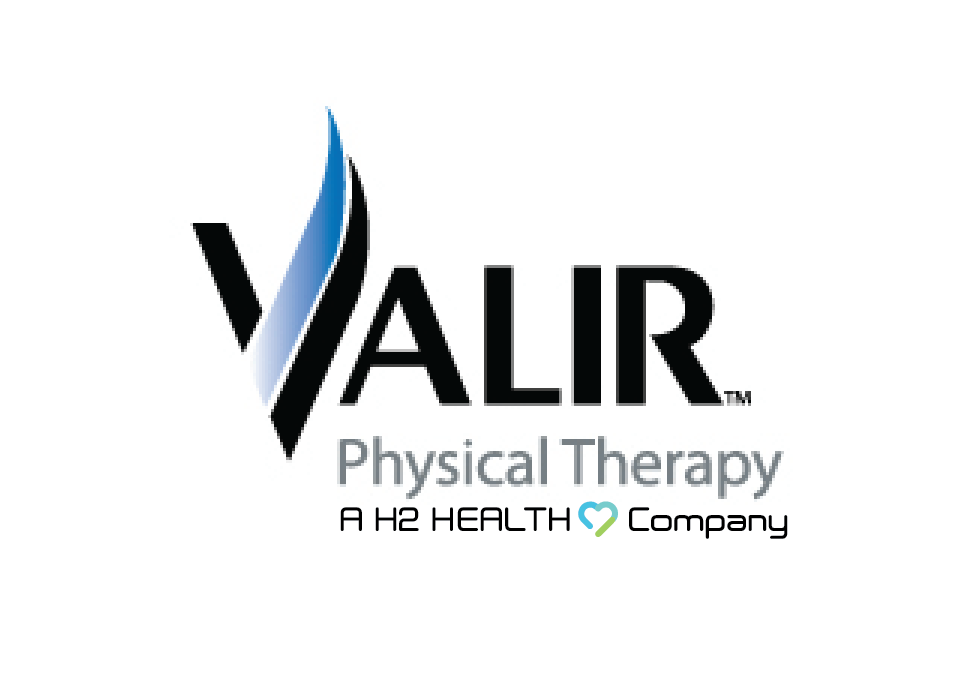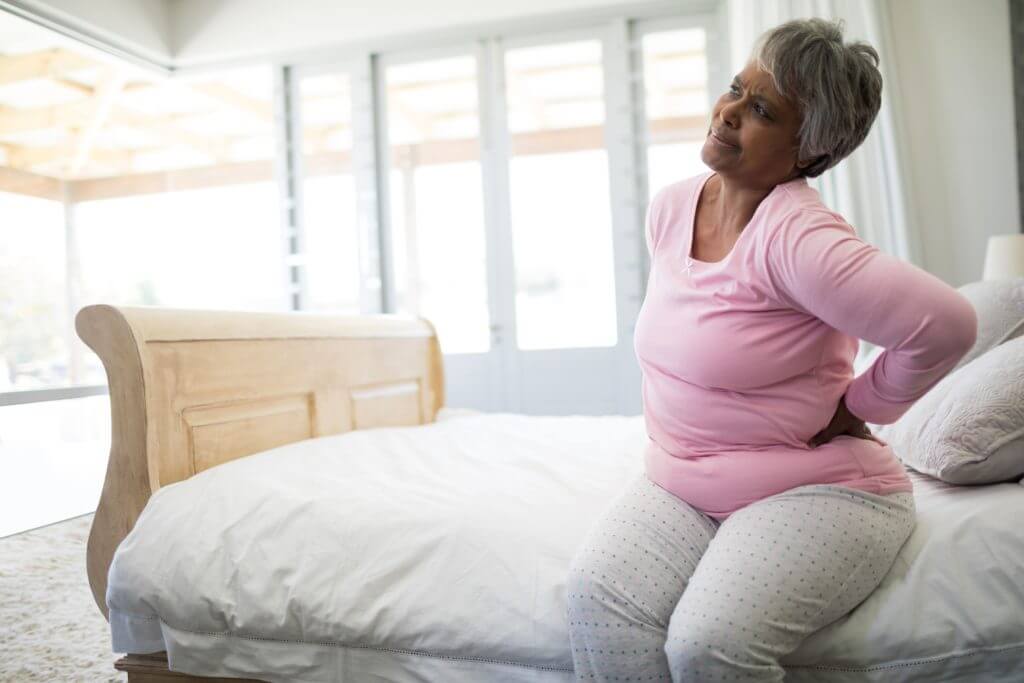
Caring for aging loved ones is both rewarding and challenging, especially when they reside in a senior living community. As a caregiver, one of the most important roles you play is being their advocate. Ensuring that your loved one receives the care, attention, and opportunities they need to stay healthy and independent can make a world of difference in their quality of life.
Understanding the Risks of a Sedentary Lifestyle
Many seniors in assisted or independent living communities face the challenge of staying active. While these communities often offer recreational activities, it’s easy for residents to become sedentary, especially after an illness, surgery, or a period of limited mobility. Unfortunately, inactivity can quickly lead to muscle weakness, balance issues, and an increased risk of falls.
When seniors lose muscle strength, even simple tasks like standing up from a chair, walking to the dining room, or getting dressed can become difficult. This physical decline can also lead to a loss of confidence and independence, which impacts overall well-being. As a caregiver, recognizing the early signs of deconditioning is key to advocating for the right support.
Why Outpatient Therapy Matters
Outpatient physical, occupational, and speech therapy can play a vital role in helping seniors regain and maintain their strength, mobility, and confidence. These services go beyond general exercise. They’re guided by licensed professionals who create personalized treatment plans focused on improving function and preventing further decline.
For seniors living in a community setting, outpatient therapy can be provided conveniently right where they live. This not only makes participation easier but also ensures consistent progress without the added stress of transportation. Whether your loved one needs help recovering from a fall, managing chronic pain, or improving balance and coordination, outpatient therapy offers a proactive approach to staying active and independent.
How Caregivers Can Advocate Effectively
1. Stay involved: Attend care plan meetings, communicate regularly with staff, and ask questions about your loved one’s daily activities and mobility.
2. Observe changes: If you notice your loved one is moving less, having trouble walking, or avoiding activities they once enjoyed, speak up early.
3. Ask about therapy options: Many senior living communities partner with outpatient therapy providers like H2 Health. Request an evaluation to see if your loved one could benefit.
4. Encourage participation: Motivate your loved one to engage in therapy sessions and stay active between visits. Small movements each day can make a big impact.
5. Be their voice: If you feel your loved one’s needs aren’t being met, don’t hesitate to advocate for more support or a therapy referral.
Partner with H2 Health for Better Outcomes
We understand how difficult caring for aging loved ones can be. If you or a loved one needs daily movement and could benefit from receiving therapy in their apartment, reach out to us. We can match your loved one up with the appropriate therapy services without leaving their community. At H2 Health Prime Living, we partner with senior living communities to help residents regain control, reconnect with their community, and rediscover their independence in a safe environment. Our team is ready to guide you every step of the way with compassionate, specialized care that’s proven to make a difference.
Contact us today to learn more or schedule an evaluation. Email contactus@h2health.com or learn more about our senior community program through H2 Health Prime Living.

